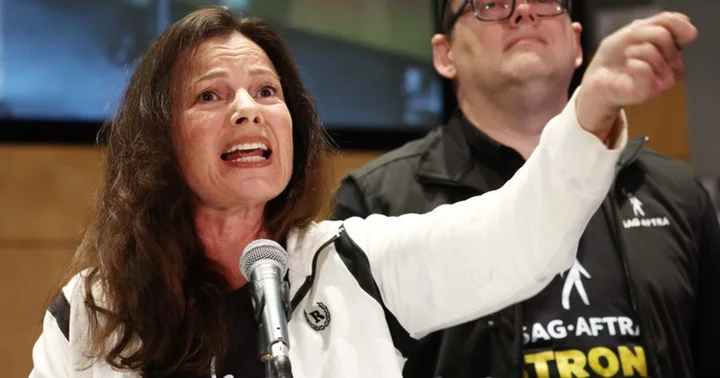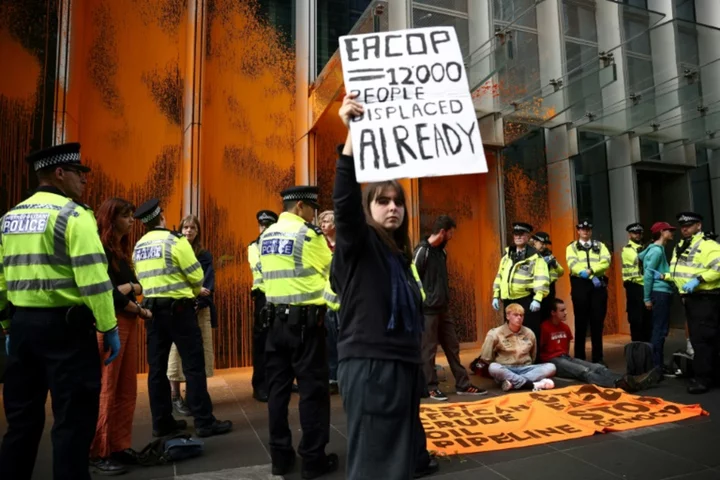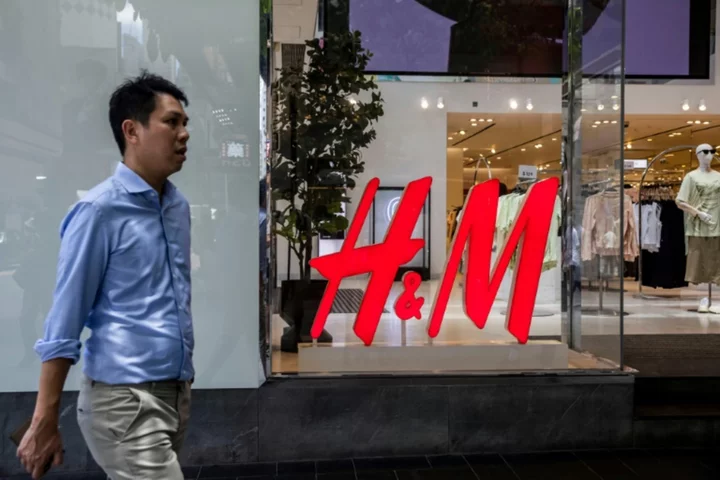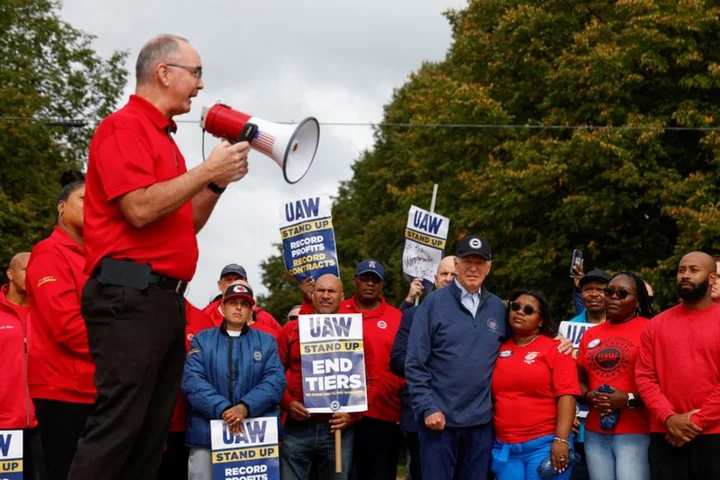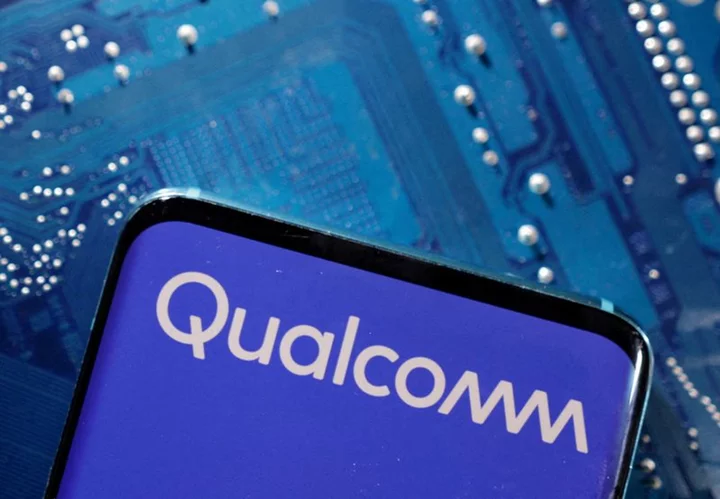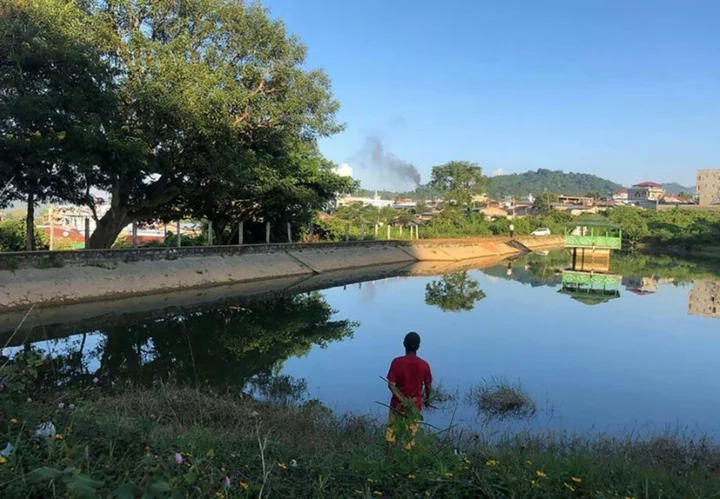NEW YORK CITY, NEW YORK: The SAG-AFTRA strike has taken a heavy toll on the entertainment industry as almost 160,000 artistes have stopped working in protest, demanding better working conditions. While the strike is possibly expected to continue for more days to come, in a recent ‘Today’ episode, NBC hosts welcomed SAG-AFTRA president Fran Drescher as she revealed that the union was prepared to strike for at least another six months.
On Tuesday, August 1, ‘Today’ hosts Craig Melvin, Sheinelle Jones, Al Roker and Dylan Dreyer welcomed Drescher, who discussed what to expect fromn the SAG-AFTRA strike in the coming days. She shared some significant insights into the strike.
What is SAG-AFTRA fight all about?
The SAG-AFTRA strike began on July 14 after weeks of failed negotiations between the union and the Alliance of Motion Picture and Television Producers (AMPTP). The union represented about 160,000 artistes, and the strike affected nearly all movie and TV productions. The main issue that led to the strike was the union's demand for better pay and working conditions, including better residual payments for actors amid the rise of online streaming platforms. The strike is expected to continue until an agreement is reached between the union, the studios and streaming services. The strike is also expected to impact New York. Some high-profile members of the union, including Meryl Streep, Jennifer Lawrence and Glenn Close, signed a letter urging the union to seek a "transformative deal." The current agreement, originally set to expire on June 30, was extended to July 12, and the strike officially began on July 14.
‘In it to win it’
On the 'Today' episode, Melvin asked Drescher, “By our count, today marks the 14th full day of the strike. For folks that don’t know how we got here, bring us up to speed. How did you get here?” Drescher said that “they couldn’t make a deal on behalf of the workers of their union."
When asked about how long people should expect the strike will continue, Drescher said, “Well, I don’t have a crystal ball. We have financially prepared ourselves for the next six months. And we're really in it to win it. I don't know whether they're punishing us or what. We gave them an unprecedented, 12-day extension to try and come to a meeting of the minds to avert a strike, but nothing really came out of that." Stating that the AMPTP has not made any moves yet, she said, “From the minute we said we were on strike now after the extension ran out, we said we are happy to continue negotiating, let's keep talking. And they've said no."
According to Drescher, the current wage offer presented by the AMPTP was lower than what SAG-AFTRA members were earning in 2020. The studios were pushing for the union to accept this rate until 2026, which she considered unacceptable. Drescher asserted, “It's outrageous. The business model changed and they're unwilling to change the contract." She highlighted a concerning issue where 86% of the union's members did not meet the wage threshold to receive health benefits, which was set just below $27,000 per year. Expressing deep concern for hardworking individuals, she stated, “These are hardworking people. They want the same things for their children that all of those CEOs that are making large fortunes want for their children."
Addressing the interim agreements the union has authorized, Drescher explained that this allowed independent films to continue production under the condition that they adhered to the terms the union sought from the AMPTP. She said, “This means our journeyman performers and crew will be able to have opportunities to work to pay their bills. And as long as those people have more opportunities to work, then we can hold firm on our result with the AMPTP, who will be left out in the cold if they don't come back to the table."
Drescher concluded that by allowing some actors, performers and crew members to continue working through the strike, they hope to encourage the AMPTP to return to the negotiating table and find a resolution that benefits all parties involved. She said, “That's very important because they're honoring our proposals and that proves that they're not unrealistic. They're reasonable, and they're fair."

